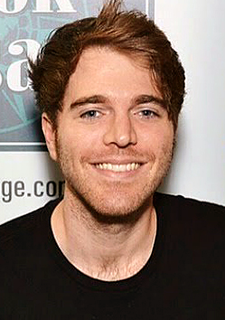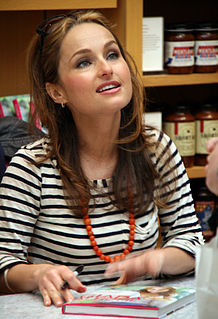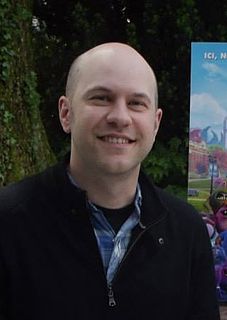A Quote by Stephen Colbert
Summer movie idea: take all the sequels that are out right now, and make movies about their backstories.
Related Quotes
Movies don't sit in the theaters for an entire summer like they did in 1982. Now you've got a two- or three-week shelf life so you need to have that awareness right off the bat. And in order to make a lot of people know about your movie, you need to be out there banging the drum and showing your stuff.
I was never a critic. I was a journalist and wrote about filmmakers, but I didn't review movies per se. I make that distinction only because I came to it strictly as someone who was just a lover of storytellers and cinematic storytellers. And I still am. I'm still a great movie fan, and I ,that love of movies is very much alive in me. I approach the movies I make as a movie-lover as much as a movie-maker.

































